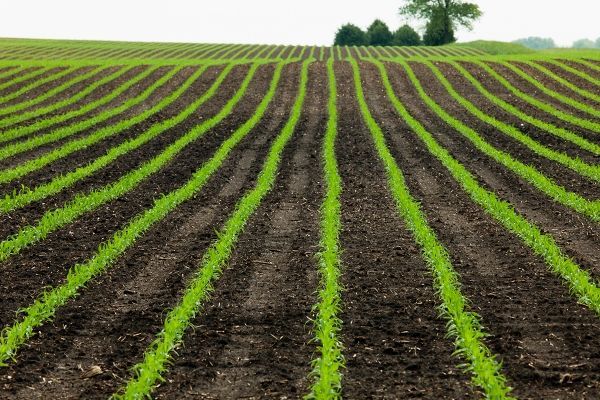Recent flooding in the Midwest has brought attention to the complex agricultural problems associated with too much rain. Data from the past three decades suggest that excessive rainfall can affect crop yield as much as excessive heat and drought. In a new study, an interdisciplinary team from the University of Illinois linked crop insurance, climate, soil and corn yield data from 1981 through 2016.
The study found that during some years, excessive rainfall reduced U.S. corn yield by as much as 34% relative to the expected yield. Data suggest that drought and excessive heat caused a yield loss of up to 37% during some years. The findings are published in the journal Global Change Biology.
“We linked county-level U.S. Department of Agriculture insurance data for corn loss with historical weather data, letting us quantify the impact of excessive rainfall on yield loss at a continental scale,” said Kaiyu Guan, a natural resources and environmental sciences professor and the study’s principal investigator. “This was done using crop insurance indemnity data paired with rigorous statistical analysis – not modeled simulations – which let the numbers speak for themselves.”
Read more at University of Illinois at Urbana-Champaign, News Bureau
Image: University of Illinois scientists have linked historical crop insurance, climate, soil and corn yield data to quantify the effects of excessive rainfall on corn yield. (Credit: Photo by L. Brian Stauffer)


